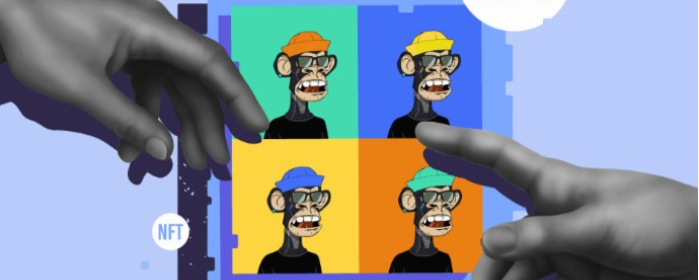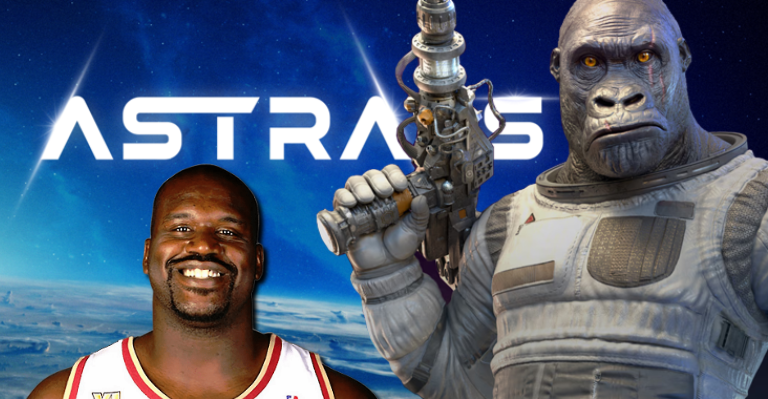TL;DR
- Shaquille O’Neal has agreed to pay $11 million to settle a class-action lawsuit linked to the Astrals NFT project, built on the Solana blockchain.
- The deal includes $2.9 million in legal fees and was approved by federal judge Federico Moreno on April 1.
- Affected investors bought Astrals NFTs or GLXY tokens between May 2022 and January 2024, during the height of the celebrity-backed crypto boom.
At the peak of the NFT craze, Shaquille O’Neal emerged as a key figure promoting “Astrals”, a collection of 10,000 3D avatars created by artist Damien Guimoneau. Marketed as an entry point into the metaverse, the project promised a social virtual world where users could interact with one another, and even with Shaq himself. O’Neal actively participated in the project’s Discord channel, encouraging fans with phrases like “Hop on the wave before it’s too late.” However, with the collapse of the crypto market and the bursting of the NFT bubble, enthusiasm waned, and Astrals’ activity on platforms like OpenSea was virtually frozen for two years.
The lawsuit paints Astrals as a cautionary tale: an ambitious digital project that failed to deliver on its promises, leaving investors stuck with heavily devalued assets. U.S. courts recognized that the plaintiffs had a plausible case, suggesting that O’Neal may have acted as a direct seller of what could be considered unregistered securities. The $11 million fund aims to compensate affected buyers, though Shaq’s reputation and the credibility of celebrity-endorsed NFT projects may have already suffered significant damage.
More Celebrities Face Regulatory Scrutiny
This lawsuit adds to a growing wave of legal actions against celebrities who promoted digital assets without proper disclosures. Stars like Kim Kardashian and Floyd Mayweather have also come under fire for allegedly failing to inform the public of their financial ties to certain crypto projects. In a more regulated environment, public figures may now be expected to maintain greater transparency to avoid legal consequences. This shift doesn’t halt innovation in the space, but it raises the bar for accountability.

New Opportunities
Despite the downfall of projects like Astrals, the crypto ecosystem is still evolving. Recent drops in NFT sales, down more than 60% in February, represent a natural market correction, clearing out overhyped ventures with no real utility. Meanwhile, progress continues in areas like asset tokenization and utility-based NFT standards. The Shaq case highlights the need for stronger financial education and clear regulations, but it shouldn’t be seen as the death of blockchain technology. Those who stay alert to innovation and back well-founded projects can still find major opportunities in the decentralized future.

